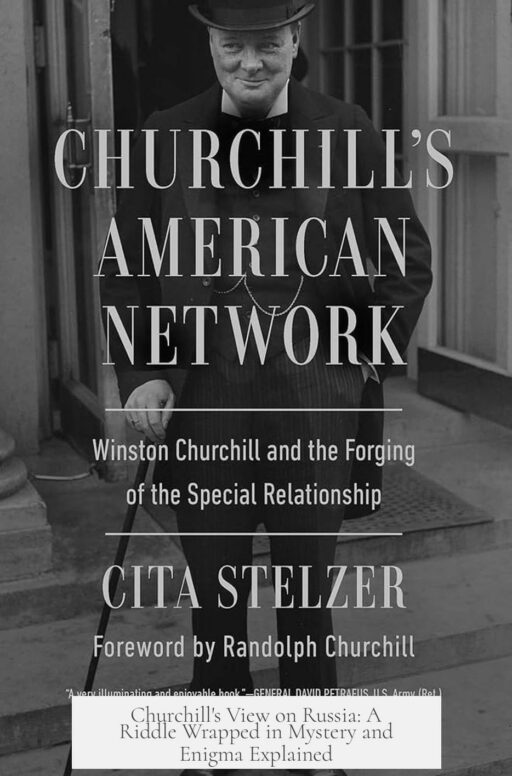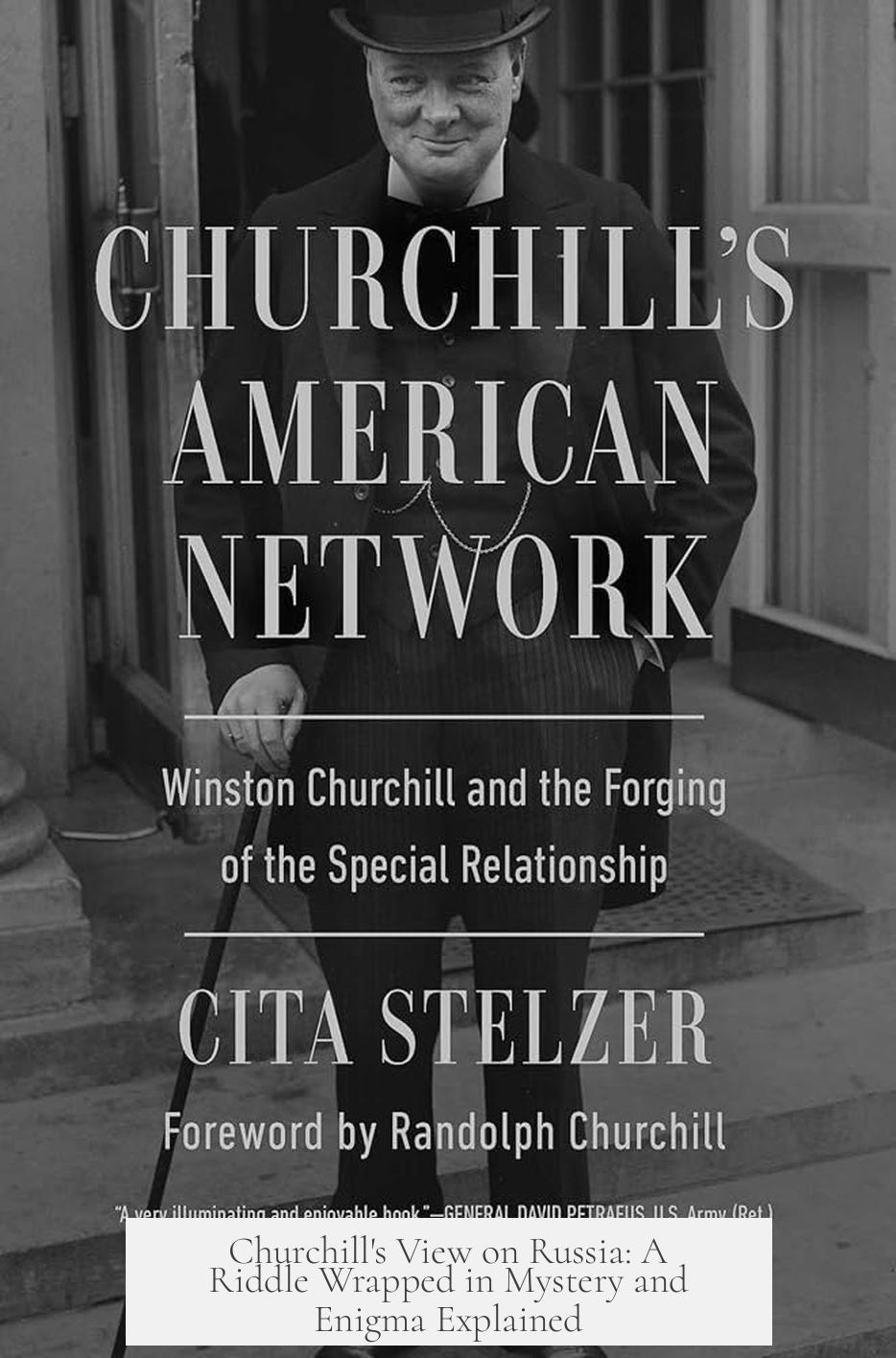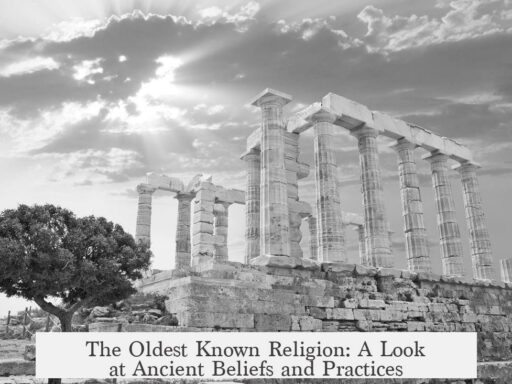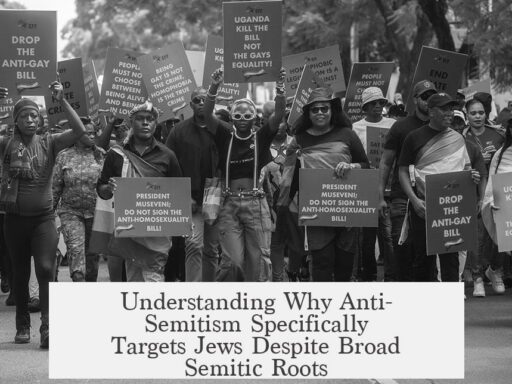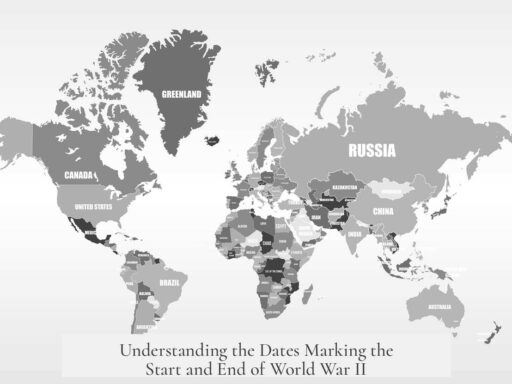Churchill describes Russia as “a riddle wrapped in a mystery inside an enigma” because its actions were difficult to predict, especially during the tense geopolitical changes in 1939. He made this statement on October 1, 1939, shortly after the surprising Molotov-Ribbentrop Pact between the Soviet Union and Nazi Germany. This pact puzzled many, given the ideological enmity between the two powers. Churchill highlighted the complexity of Soviet behavior during this period.
Churchill’s full quote clarifies his meaning: “I cannot forecast to you the action of Russia. It is a riddle wrapped in a mystery inside an enigma; but perhaps there is a key. That key is Russian national interest.” He suggests that although Soviet motives seemed confusing, their long-term strategy was centered on protecting Russia’s safety and interests.
He points out that Russia would not tolerate Germany dominating the Black Sea region or subjugating Slavic peoples in Southeastern Europe because such outcomes threatened Russia’s historic life-interests. In essence, Soviet foreign policy, while difficult to interpret in the short term, consistently aimed to counter threats from expansionist powers like Germany.
This statement underlines that Stalin’s Soviet Union operated on a pragmatic basis in international relations. It entered a pact of convenience with Nazi Germany to buy time and secure borders. Yet, Churchill understood that the Soviet leadership’s ultimate priority was national security, and German expansion would eventually provoke counter-measures, as happened with the later German invasion of the USSR in 1941.
- Soviet actions in 1939 appeared unpredictable because of the Molotov-Ribbentrop Pact.
- Churchill believed Soviet foreign policy was guided mainly by Russian national interest.
- Short-term Soviet decisions were complex, but long-term concerns focused on countering German expansion.
- The quote captures the USSR’s opaque but strategic geopolitical mindset in pre-WWII Europe.
Why Did Churchill Think “Russia is a Riddle Wrapped in a Mystery Inside an Enigma”?
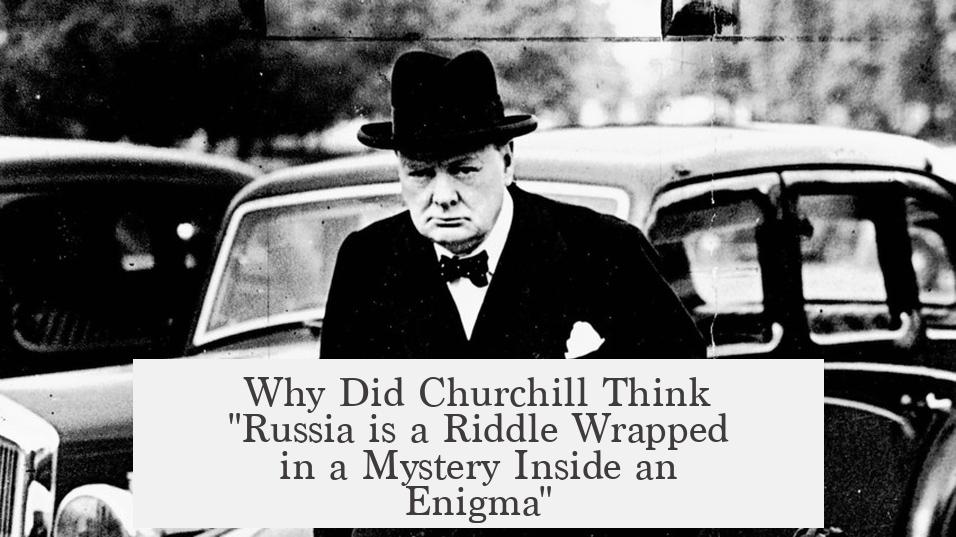
“Russia is a riddle wrapped in a mystery inside an enigma.” This unforgettable phrase, famously uttered by Winston Churchill, paints a vivid picture of uncertainty wrapped in more uncertainty. But why exactly did Churchill say this? Was he just waxing poetic, or was there a much more strategic, behind-the-scenes reasoning behind this cryptic assessment of Russia?
Let’s unravel this statement with a careful look at its context, meaning, and what it reveals about wartime geopolitics.
Setting the Scene: 1939, The World on Edge
The backdrop to Churchill’s quote is crucial. It’s October 1, 1939 – less than two months after Nazi Germany signed the shocking Molotov-Ribbentrop Pact with the Soviet Union, an agreement that sent waves through the global political landscape. You see, Hitler’s Germany and Stalin’s Soviet Union were supposed to be mortal enemies, locked in ideologically opposed camps. Yet, out of nowhere, they signed a non-aggression pact that stunned everyone. This alliance caught many, including Churchill, off guard.
At the time, Churchill was First Lord of the Admiralty, a senior position in Britain, and his October address directly tackled this geopolitical curveball. His statement wasn’t some vague jab at Russia in general – it was a very specific commentary on why the Soviet Union’s moves were baffling at this precise historical moment.
The Full Quote: A Closer Look
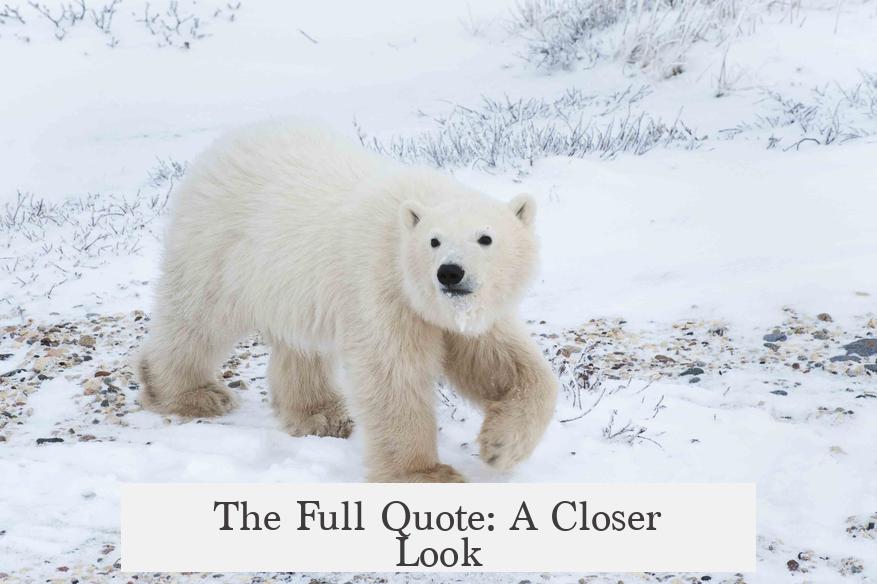
I cannot forecast to you the action of Russia. It is a riddle wrapped in a mystery inside an enigma; but perhaps there is a key. That key is Russian national interest. It cannot be in accordance with the interest of the safety of Russia that Germany should plant itself upon the shores of the Black Sea, or that it should overrun the Balkan States and subjugate the Slavonic peoples of south eastern Europe, That would be contrary to the historic life-interests of Russia.
What jumps out here is Churchill’s admission of mystery. Even the British government at the time couldn’t predict what the Soviet Union might do next. But notice that Churchill doesn’t leave us in total darkness. He hints there’s a “key” – and that key is national interest. In other words, however bewildering Soviet actions seem, Russia’s core motivations always have to do with security and protecting its own historic geopolitical interests.
What Makes Russia So Hard to Read?
To get why Churchill found Russia so confounding, think about Stalin’s Soviet Union then. It was an authoritarian state with secretive leadership and ruthless policies. Publicly, Soviet Russia didn’t reveal intentions clearly. Diplomatic signals were often mixed or downright contradictory.
Imagine trying to predict someone who plays chess while keeping the moves secret and hiding their strategy. The Molotov-Ribbentrop Pact was a prime example. It seemed out of character for the USSR to cosy up to fascist Germany given their ideological rivalry, but Moscow saw benefits in delaying conflict with Germany and gaining territory by dividing Poland.
This is where the “riddle” and “mystery” come into play. The pact was a strategic gamble. It baffled Western observers but was motivated by short-term self-preservation.
Understanding The “Key”: Russia’s National Interest
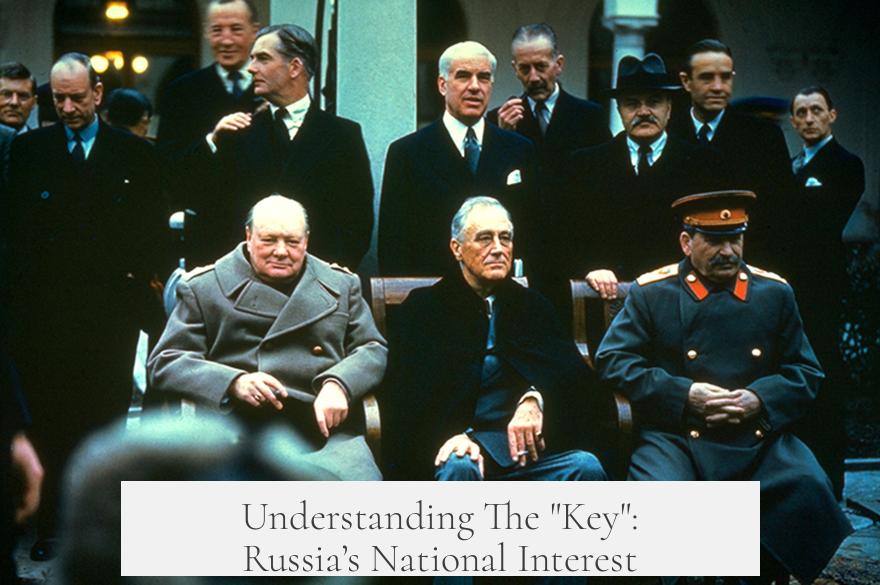
Churchill’s brilliance here is in pinpointing the underlying logic behind the surprise alliance: Russia always acts out of national interest. Despite being wrapped in secrecy, the Soviet leadership’s overriding concern was security and protecting itself from threats.
- For instance, Russia feared Germany planting itself on the Black Sea coast.
- It opposed Nazi domination of the Balkans.
- Russia saw the expansion into Southeastern Europe as a direct threat to Slavic peoples and its own regional influence.
Churchill bets on the long view here. The Soviet Union’s decisions might seem erratic in the short term. Yet, when looking through the lens of national survival, their moves make sense. Eventually, the Soviet Union would face off with Germany, but only once it felt sufficiently threatened.
Short-Term vs. Long-Term: The Strategic Dance
Here’s the practical takeaway: Russia’s actions are not meaningless, just inscrutable. What looks like duplicity or unpredictability can be hard-to-decipher moves aiming to buy time or maneuver diplomatically.
Think of it like a poker player who keeps their cards close but bets carefully when the stakes rise. Churchill’s quote isn’t just about bafflement – it’s a subtle recognition of Moscow’s balancing act between self-interest and survival.
Did this prediction hold true? Absolutely. In 1941, when Germany launched Operation Barbarossa, invading the Soviet Union, it was a direct threat to Russian national and territorial interests. The secret pact shattered. Russia became a key Allied power.
Why Does This Matter Today?
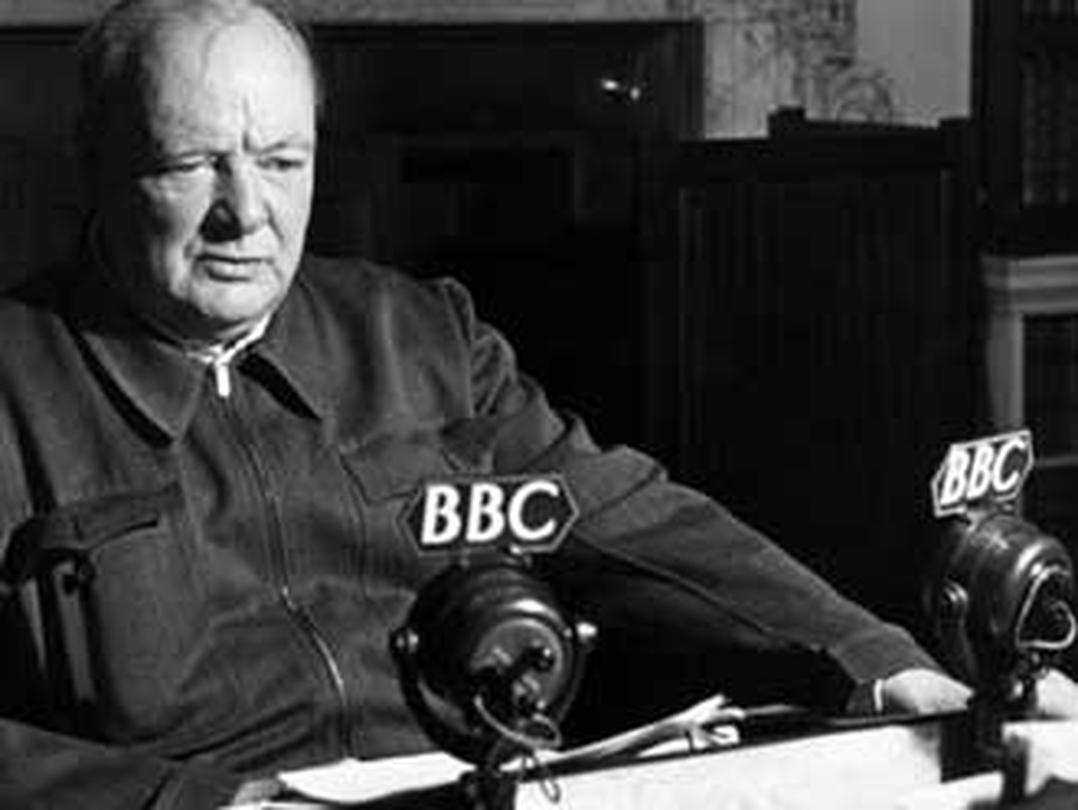
Understanding Churchill’s metaphor gives us a lens to view not only 20th-century Soviet policy but even modern Russia. It reminds diplomats, analysts, and enthusiasts that beneath layers of secrecy, propaganda, and political theatre, a core of national interest guides Russia’s actions.
So next time you hear about Russia’s seemingly puzzling moves on the world stage, remember Churchill’s warning: it’s a riddle wrapped in a mystery inside an enigma. But peek closely, and you might just find the key.
Summing It Up with a Dash of Humor
Trying to predict Russia’s foreign policy in 1939 was like trying to read tea leaves during a thunderstorm. Churchill basically said: “I have no idea, but it surely revolves around Russia’s survival and power.” If you were a spy or diplomat then, your job description probably included “expert puzzle solver.”
And isn’t it comforting today, that while Russia remains complex, Churchill gave us a timeless guide: national interest is the master key—always look for it.
Why did Churchill call Russia “a riddle wrapped in a mystery inside an enigma”?
He found Soviet actions during the Molotov-Ribbentrop Pact hard to predict. The USSR’s decisions seemed confusing, but they were driven by national interest and security concerns.
What did Churchill mean by “there is a key” to understanding Russia?
The key is Russian national interest. Despite unclear moves, Russia acted to protect its security and influence, especially against German advances into Eastern Europe.
How did Churchill view the Soviet-German pact?
He saw it as a temporary convenience. The Soviets had aligned with Germany short-term but would oppose German expansion that threatened their safety and regional influence.
Why was German expansion a major concern for Russia?
German control over the Balkans and Black Sea threatened Russia’s security and historical interests. Churchill believed Russia would react strongly to such moves.
Did Churchill think Soviet decisions were more short-term or long-term?
Soviet decisions appeared unpredictable short-term. Long-term, however, they focused on preventing threats to their national and security interests.
